';


Quiz: How Addicted Are You To Your Phone?
Take this quiz if you’ve ever been curious or worried that you might be overly addicted to your phone. It’s the first step towards recovery!
Scroll
Have you ever sat in a train or café, looked around, and realised that almost every single person was staring at their smartphone? Did you notice this while looking up from your own phone? Yeah, that’s what we thought. Take this quiz if you’ve ever been curious or worried that you might be overly addicted to your phone. It’s the first step towards recovery!
Are you currently reading these words on your phone?
Correct!
Wrong!
-
Where do you keep your smartphone while you sleep?

Correct!
Wrong!
-
You’re on your way to work and need to check the time to see if you’re running late. How do you do it?

Correct!
Wrong!
-
Have you ever checked your phone for the time, got distracted by notifications on the screen, and then put the phone back in your pocket only to forget what the time actually was?
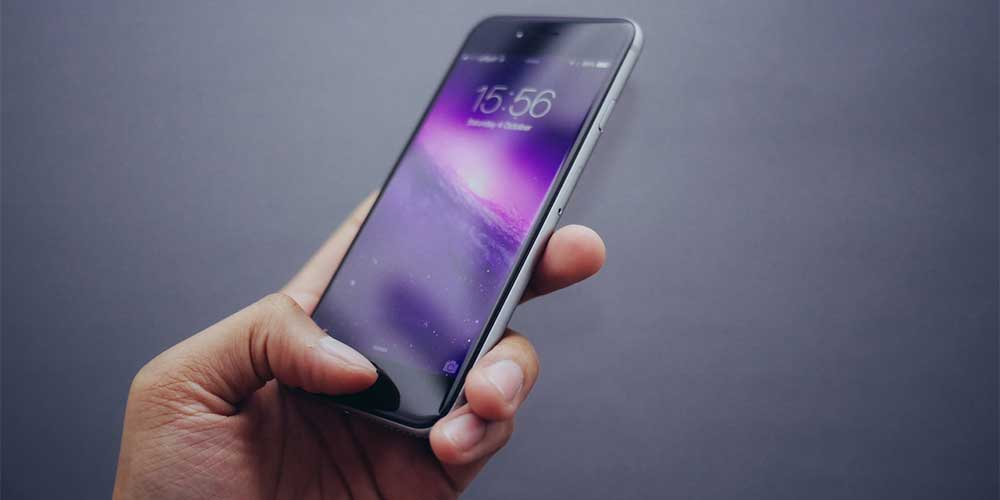
Correct!
Wrong!
-
Which of these activities are you most likely to do while sitting on a train or bus?

Correct!
Wrong!
-
You just got to work and realised that you forgot your smartphone at home. What do you do?

Correct!
Wrong!
-
How often do you check your phone during the day?

Correct!
Wrong!
-
You’re on a holiday trip in a different country. How often do you use your phone?

Correct!
Wrong!
-
You’re out for some drinks/dinner with friends. Where is your phone?

Correct!
Wrong!
-
Do you ever use your phone while you’re moving – walking, biking, driving?

Correct!
Wrong!
-
Which of these descriptions sounds most like your morning routine?

Correct!
Wrong!
-
Do you ever use your phone while you’re in the bathroom?
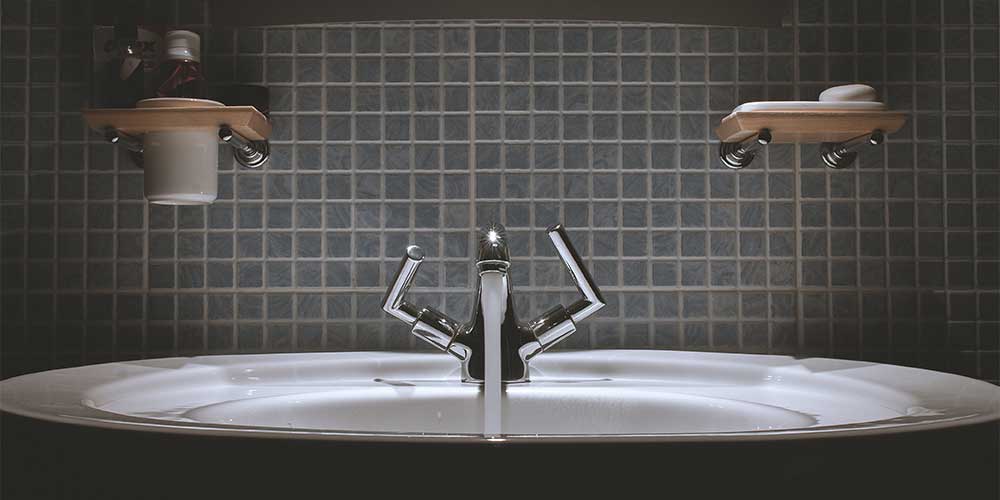
Correct!
Wrong!
-
How long do you think you could go without your phone (without panicking)?

Correct!
Wrong!
-
Would you rather have a conversation with someone through instant-messaging or face-to-face?

Correct!
Wrong!
-
Do you have your phone with you while you’re at the gym / out jogging / working out?

Correct!
Wrong!
-
How much do you pay attention to your phone’s battery life?
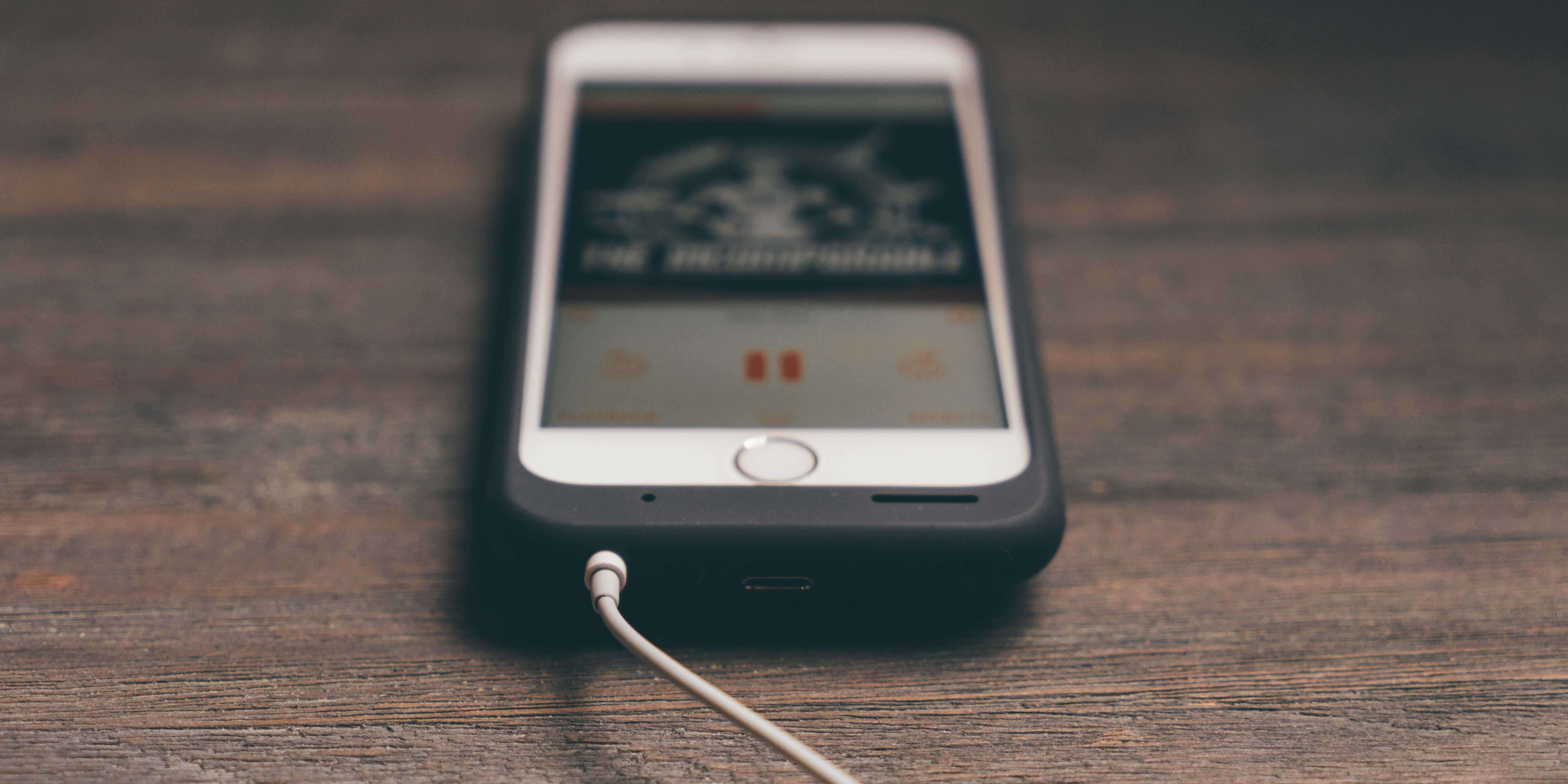
Correct!
Wrong!
-
Do you think the world would be a better place if people used their smartphones less constantly?

Correct!
Wrong!
-
Smartphones can do pretty much everything these days. Name a device that you use instead of your phone even though your phone is capable of the same thing.
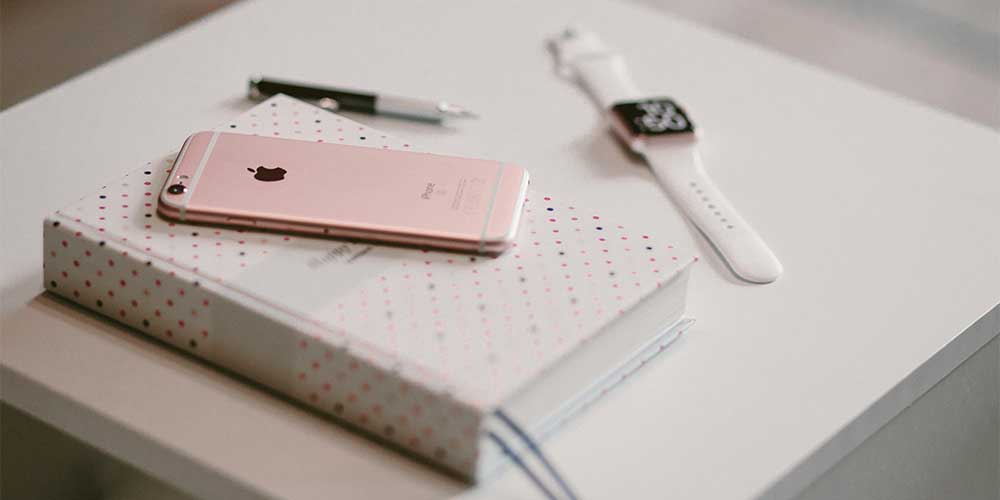
Correct!
Wrong!
-
Your phone buzzes/pings. Do you check it immediately?
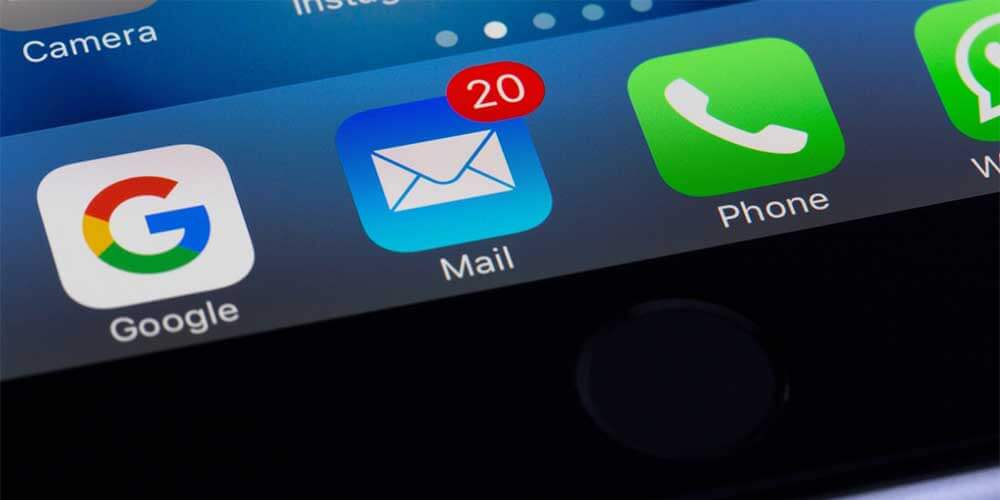
Correct!
Wrong!
-
Why did you take this quiz?

Correct!
Wrong!
-

Quiz: How Addicted Are You To Your Phone?
I'm %%personality%%














Sorry, the comment form is closed at this time.